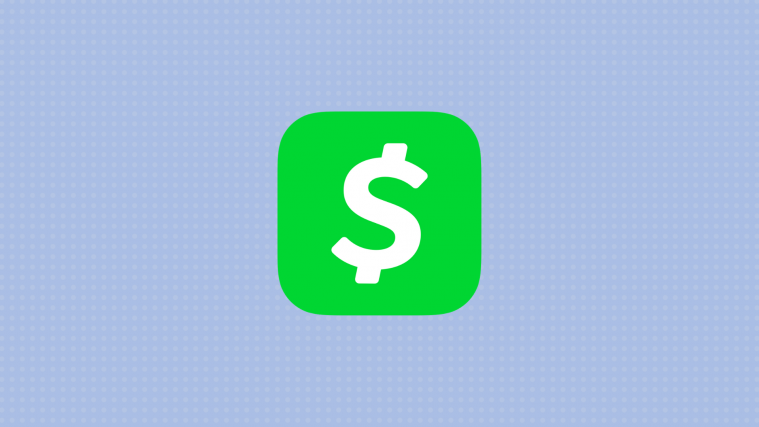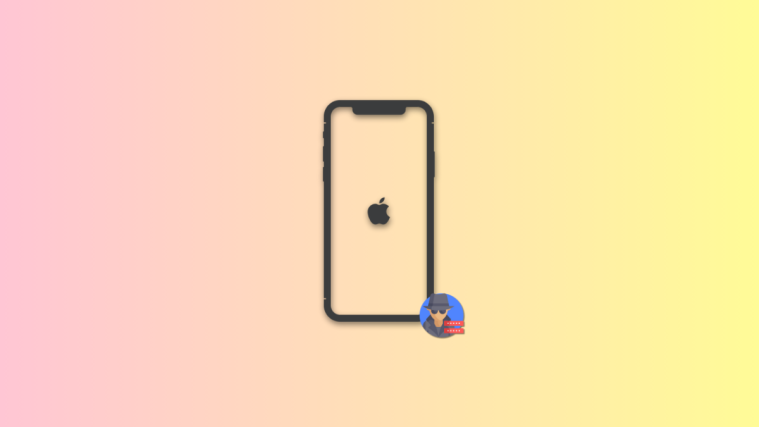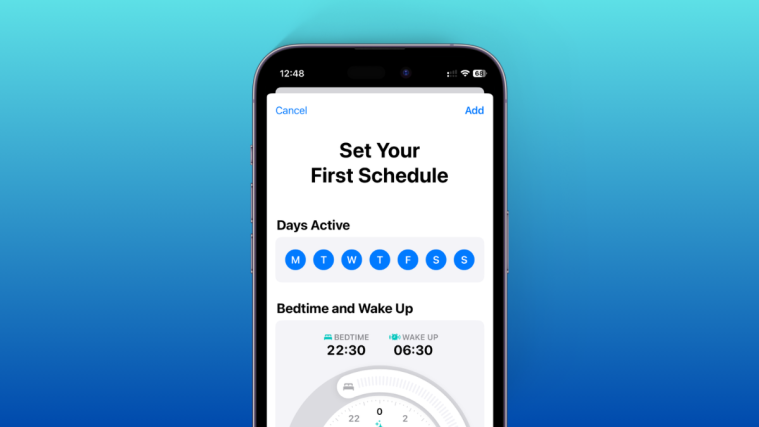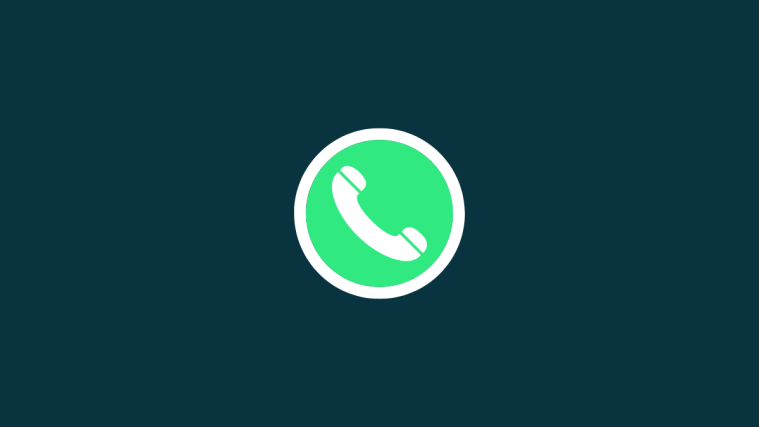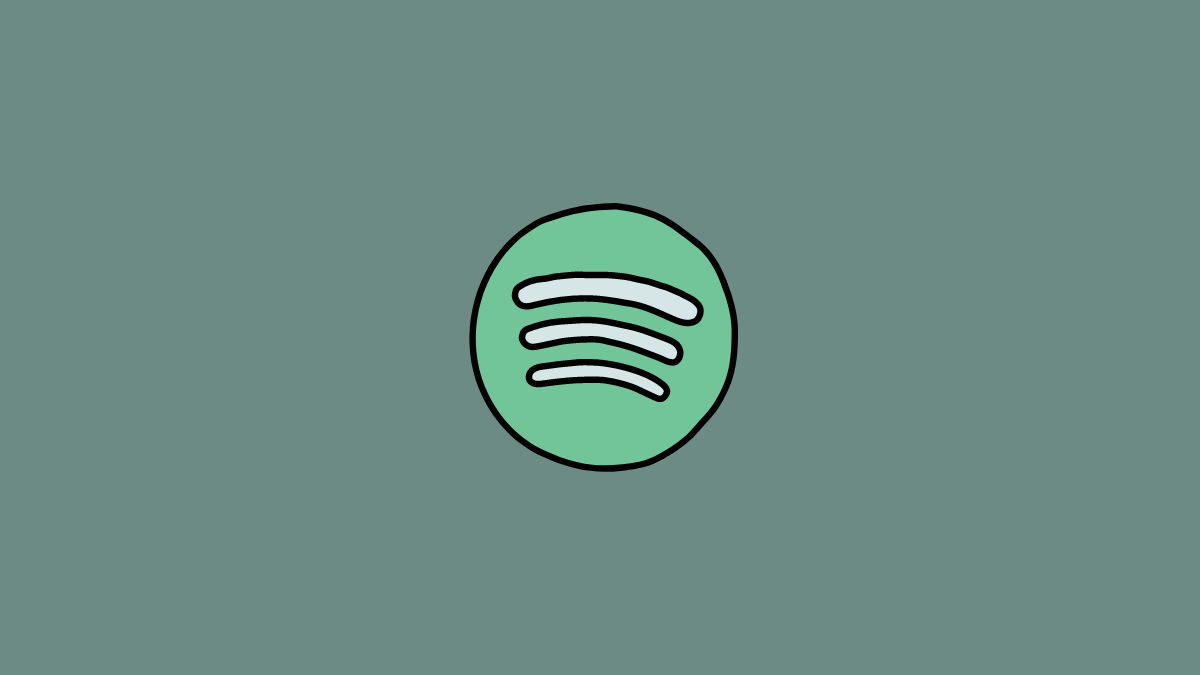It’s almost impossible to imagine a time when digital payments weren’t mainstream. Indeed there was a time when we needed to hunt for change and carry wallets with physical cash. In fact, some of us still do, if not for a just in case scenario then just to indulge old habits. Nevertheless, as we find ourselves in the golden age of digital wallets and cashless transactions, it’s imperative to make an informed decision and go ahead with a digital wallet that suits one’s needs best and has a reputation that will make one feel secure about their decision.
In this article, we will delve into the latest addition to the bevy of digital wallets, Cash App, and how it works.

- What is Cash App?
- The premise of Cash App
- Is the Cash App free to use?
- Cash App limits:
- Do you need a bank account for Cash App?
- What kind of banking activities can you perform?
- What is the Cash Card?
- Can you trade in the Stock Market using the Cash App?
- Can you purchase Bitcoins using the Cash App?
What is Cash App?
In simple terms, Cash App is an app that allows its user to send and receive payments, pretty much like any other digital wallet like Paypal and Venmo. The major aspects that set it apart from other apps are that it comes with its own visa debit card and the option to trade and invest. This app has been developed by Square. Inc and is intended to work as a peer-to-peer payment service.
Related: How to Add Cash in Cash App
The premise of Cash App
We’ve categorized Cash App functionalities into two priorities, the primary and secondary. Primarily, Cash App is intended to ease transactions and payments whether it pertains to paying friends and families or for purposes like tipping and donation. This functionality is the simplest and quickest to execute once you have linked your bank account thanks to the Pay and Receive buttons. Users are identified by their email address, phone number, or what the app has termed $cashtag, a unique username for users of the app. So you can use the pay/receive button, input the identifier of the user, and send money instantly.
The secondary functions include banking and trading-related activities. Banking activities like receiving your paycheck, tax returns, and other amounts will require a Cash App routing number as well as your salary account number. For Trading and purchasing Bitcoins, all you will need is to ensure that you have the required funds in the Cash App to be able to perform the trade.

Is the Cash App free to use?
Yes, Cash App is definitely free to use. You don’t have to pay any fees to use the app and sending and receiving cash payments from your bank account is also a free activity. There are, however, a few caveats in terms of withdrawal limit and credit card fees. (See below.)
Cash App limits:
On the free account of the Cash app, there is a $250 withdrawal/spending limit per day, $1000 withdrawal limit every week and $1500 withdrawal limit every month. Besides this, if you choose to spend on your credit card, a 3% interest will be levied on the transaction.
Do you need a bank account for Cash App?
You need to link at least one bank account to use Cash App. The app’s wallet needs to be refilled with cash from your bank account to allow immediate transactions.
What kind of banking activities can you perform?
Cash App facilitates all its banking activities through Sutton Bank and Lincoln savings bank. You can both make payments and withdraw money from the Cash App wallet to your bank account. It will take one to two days for the transaction to reflect in your account unless you opt for the Instant Deposit option which will levy an extra charge of 1.5% for immediate withdrawal.
Cash App also claims that if you use the app to receive your paycheque and tax returns, you will be able to receive amounts up to two days early. The intention of the app is to become your primary driver which is why it offers these basic banking activities.
What is the Cash Card?
The one feature that sets apart Cash App from the other digital wallets is the Cash Card feature. Cash Card is a free Visa Debit Card that is provided to the user in digital and physical form to allow the user to make transactions both online as well as in stores. The withdrawal limit mentioned in the section above applies to the card usage as well.
Can you trade in the Stock Market using the Cash App?
There is a section specifically allocated to purchasing stocks in the market called investing. In this section, you can explore the stocks that you like and purchase them. There is no minimum amount and if your wallet does not have enough money, the app will withdraw it directly from your bank account. The brokerage services are provided directly by Cash App in the form of Cash App Investing LLC a registered member of FINRA / SIPC.
Can you purchase Bitcoins using the Cash App?

This is another cool feature of the app. The investing section also allows the user to use the cash to store and purchase Bitcoins in the app. The Bitcoins will be stored in the Cash App wallet and if you want, it can also be transferred to another account of your choice.
Despite its various functionalities, keep in mind that the Cash App is not a bank. Your transactions won’t be FDIC insured and as is the case with digital wallets, there is always a certain amount of risk involved. Besides these apprehensions, Cash App is a perfectly good, diligent, and efficient app that renders reliable services. It worth considering this app for your transactions.
We hope you found this article helpful. Take care and stay safe.


